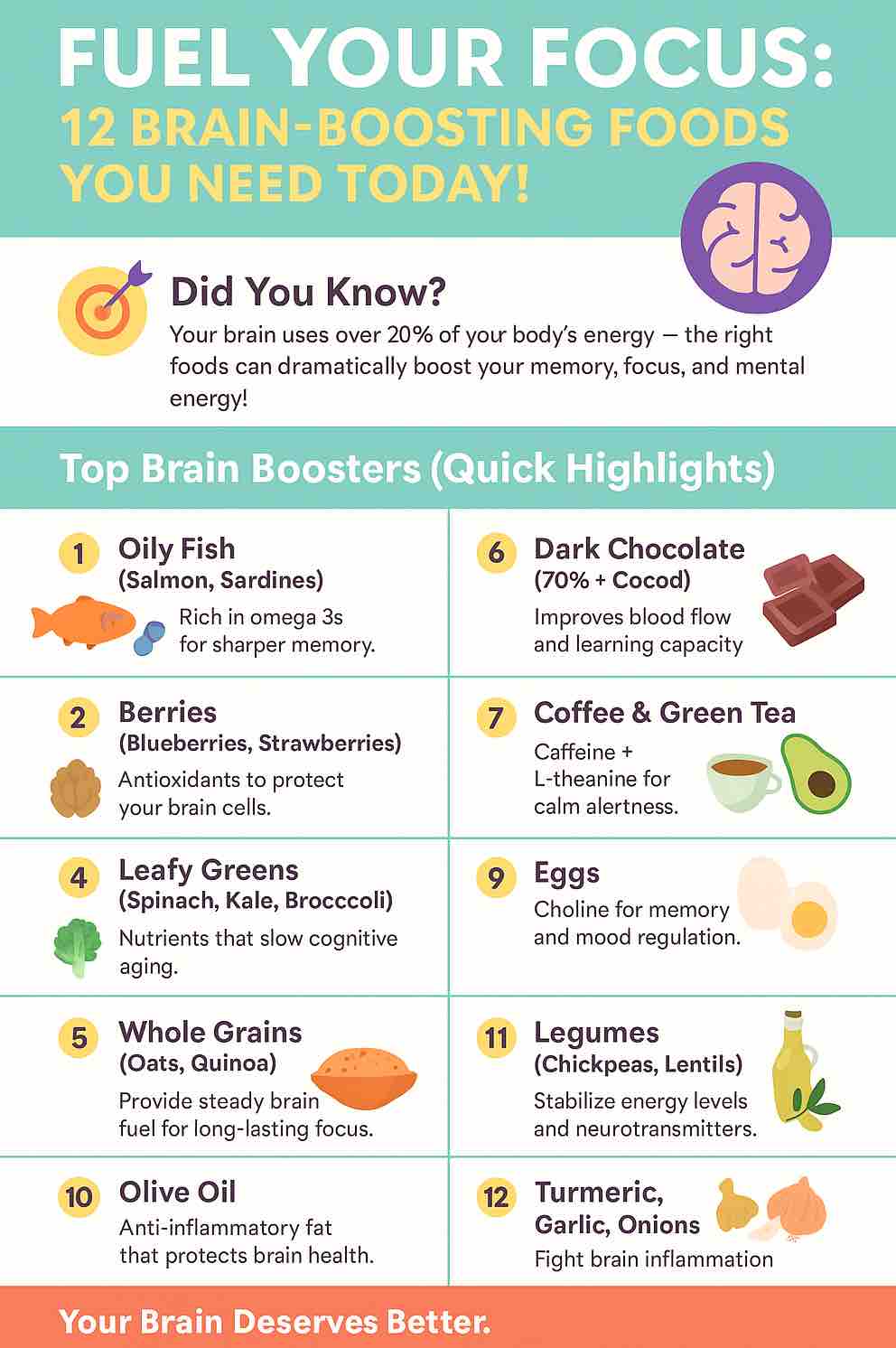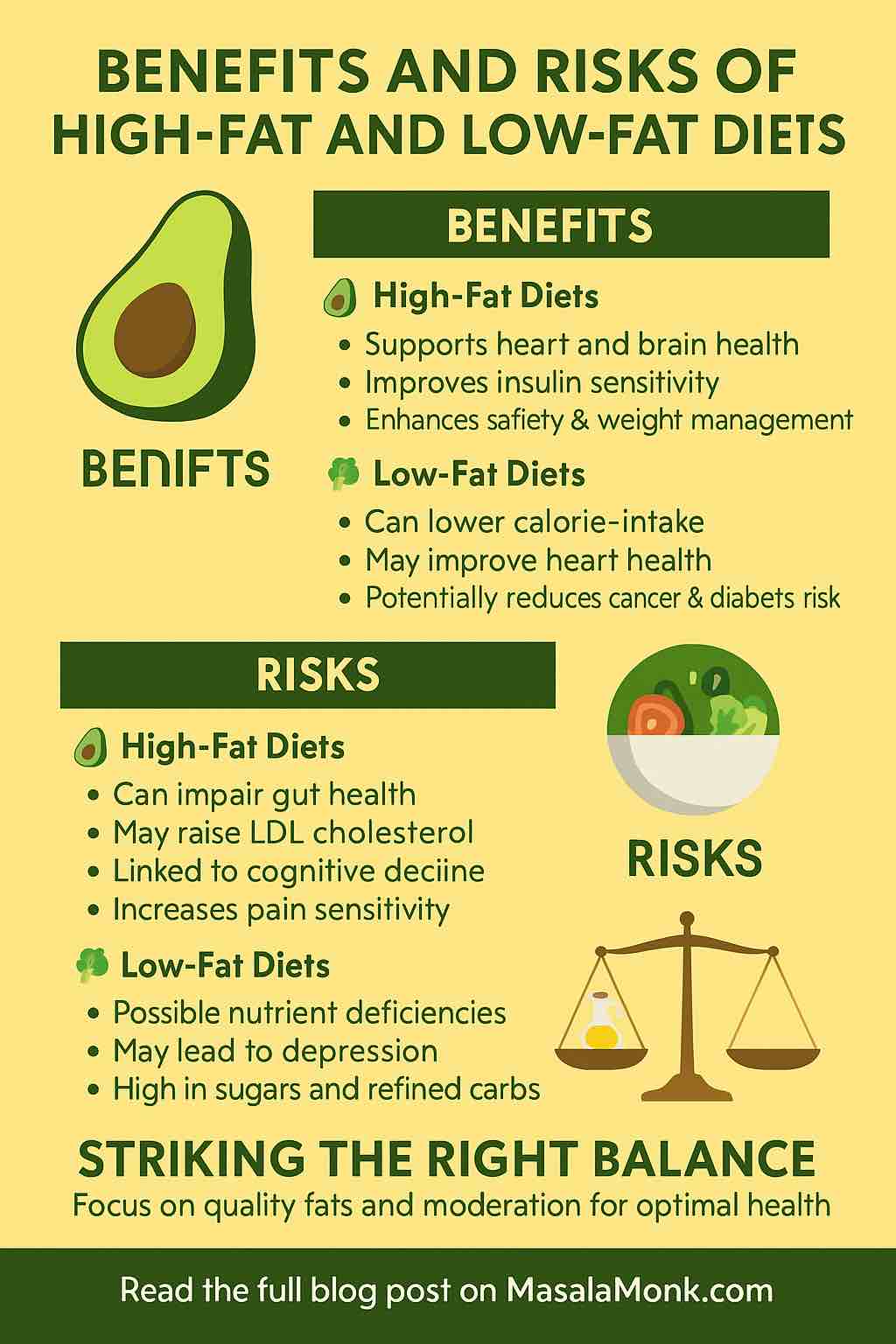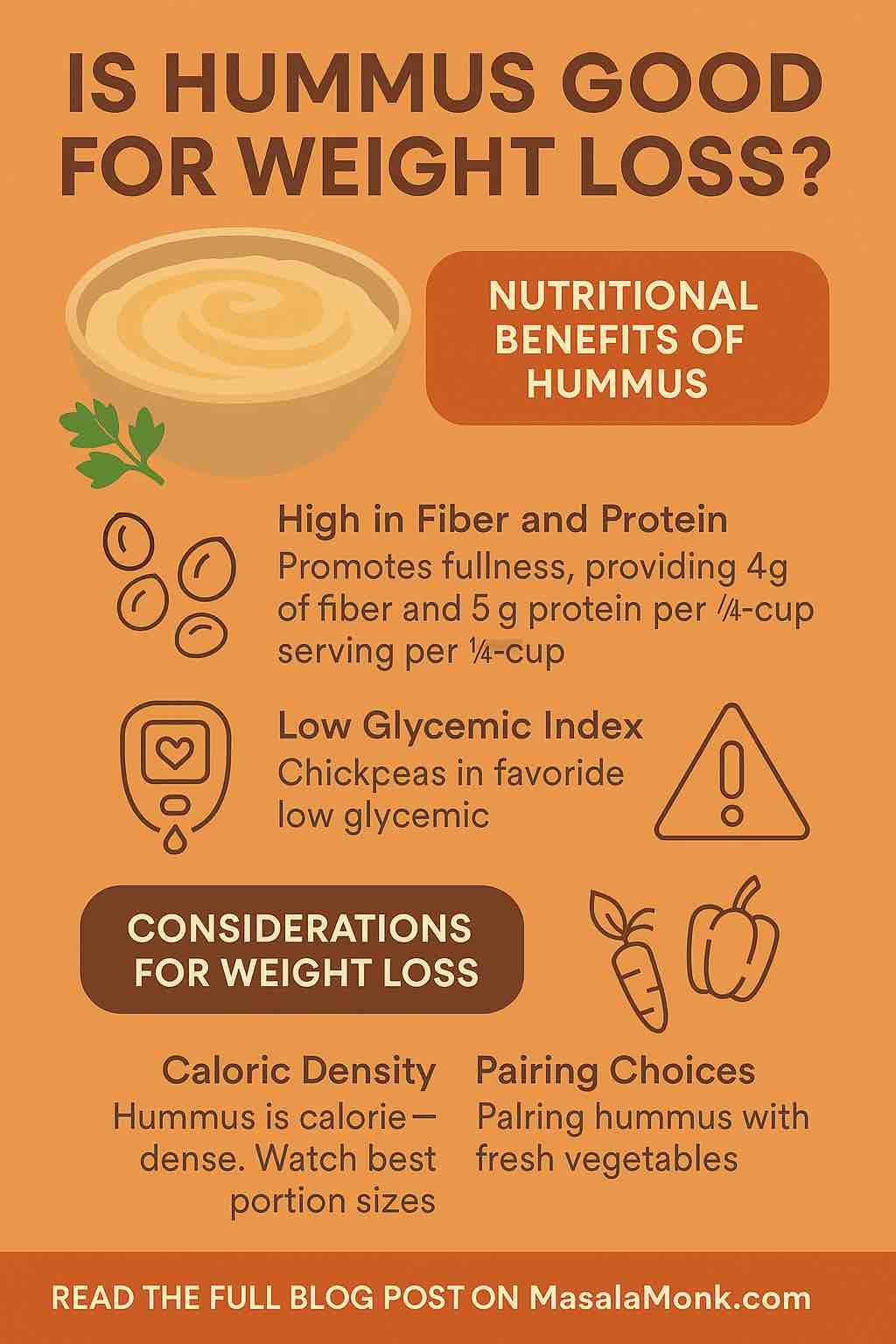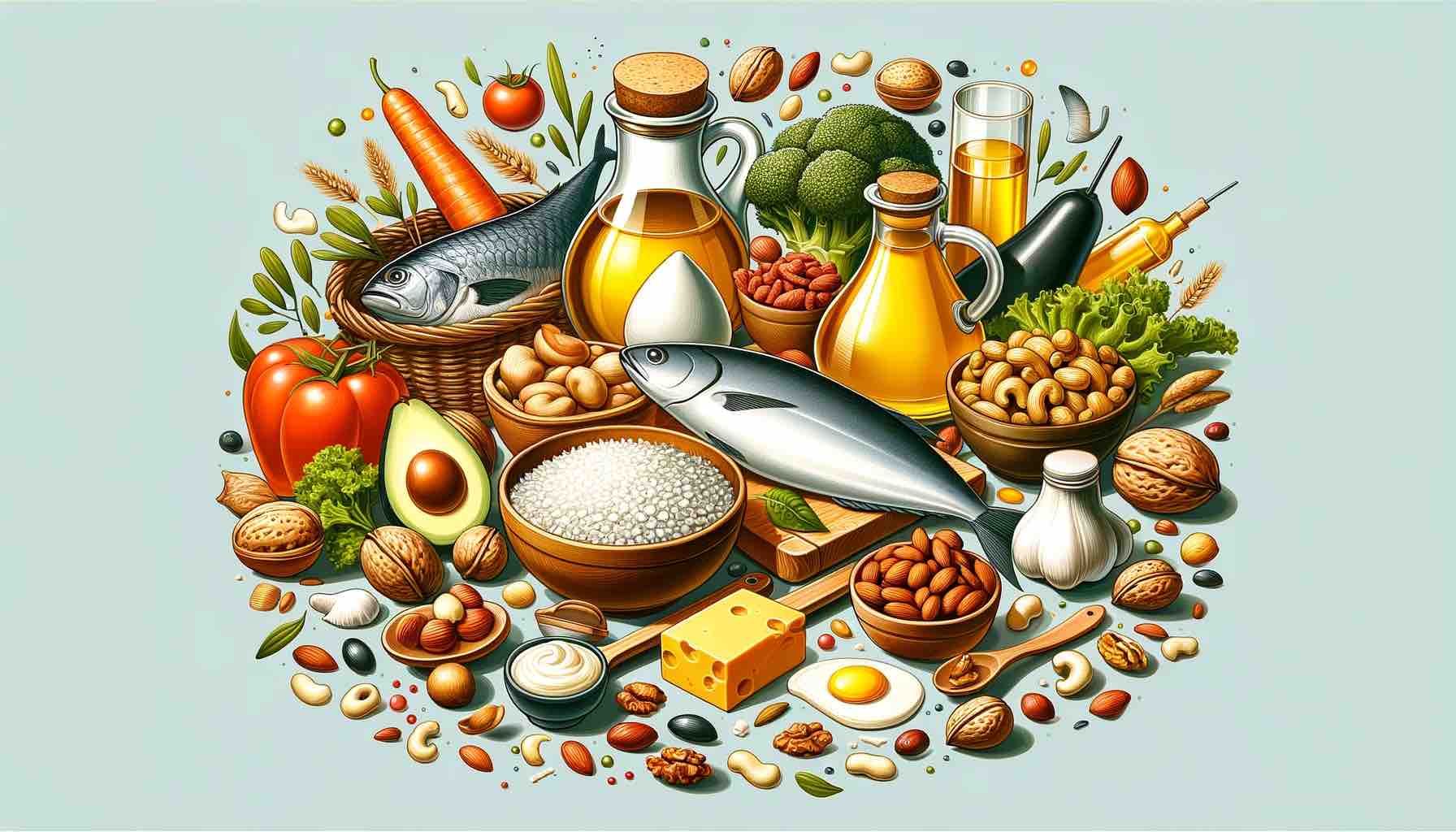
In today’s high-paced world, maintaining focus, clarity, and sustained energy is not just a competitive advantage—it’s essential. While there’s no magic pill to instantly sharpen your mind, your diet plays an undeniable role in your cognitive health. In this comprehensive guide, we explore scientifically-backed foods and practical strategies to optimize brain power, enhance concentration, and fuel mental stamina.
Why Diet Matters for Cognitive Function
Your brain, though only 2% of your body weight, consumes over 20% of your daily energy. It thrives on a steady supply of glucose, essential fatty acids, antioxidants, vitamins, minerals, and hydration. A nutrient-dense diet helps to:
- Enhance memory and learning
- Improve attention span
- Protect against age-related cognitive decline
- Reduce mental fatigue
- Stabilize mood and emotional well-being
The Cognitive Powerhouse Foods
1. Oily Fish (Salmon, Mackerel, Sardines)
- Key Nutrients: Omega-3 fatty acids (DHA, EPA)
- Benefits: Supports neuron structure, promotes synaptic plasticity, improves blood flow to the brain, and reduces neuroinflammation.
- How to Eat: Aim for 2-3 servings per week. Grilled salmon, sardine salads, or smoked mackerel make excellent options.
2. Berries (Blueberries, Strawberries, Blackberries)
- Key Nutrients: Flavonoids (anthocyanins), antioxidants
- Benefits: Enhance communication between brain cells, improve memory, and offer neuroprotection.
- How to Eat: Add fresh or frozen berries to smoothies, oatmeal, or yogurt.
3. Nuts and Seeds (Walnuts, Almonds, Flaxseeds, Pumpkin Seeds)
- Key Nutrients: Vitamin E, omega-3 ALA, magnesium, zinc
- Benefits: Combat oxidative stress, support neurotransmitter function, and promote brain longevity.
- How to Eat: A daily handful of mixed nuts or sprinkle seeds into salads and cereals.
4. Leafy Greens (Spinach, Kale, Broccoli)
- Key Nutrients: Vitamin K, lutein, folate, beta-carotene
- Benefits: Slow cognitive decline, support neurogenesis, and reduce oxidative stress.
- How to Eat: Incorporate into salads, sautéed dishes, or green smoothies.
5. Whole Grains (Oats, Brown Rice, Quinoa, Barley)
- Key Nutrients: Complex carbohydrates, vitamin E, B vitamins
- Benefits: Provide steady glucose for brain fuel, prevent energy crashes, and support memory.
- How to Eat: Start your day with oatmeal or substitute white rice with brown rice or quinoa.
6. Dark Chocolate (70% or Higher Cocoa Content)
- Key Nutrients: Flavanols, caffeine, antioxidants
- Benefits: Boost brain plasticity, improve blood flow, and enhance learning and memory.
- How to Eat: Enjoy 1-2 squares daily as part of a balanced snack.
7. Coffee and Tea
- Key Nutrients: Caffeine, L-theanine (in tea)
- Benefits: Improve alertness, processing speed, mood, and task-switching capabilities.
- How to Eat: Moderate consumption of 1-2 cups daily is optimal.
8. Avocados
- Key Nutrients: Monounsaturated fats, vitamin K, folate
- Benefits: Support healthy blood flow and lower blood pressure, both crucial for cognitive function.
- How to Eat: Add to salads, sandwiches, or enjoy as guacamole.
9. Eggs
- Key Nutrients: Choline, B vitamins
- Benefits: Aid in neurotransmitter synthesis (acetylcholine), crucial for memory and mood regulation.
- How to Eat: Poached, scrambled, or hard-boiled for breakfast or snacks.
10. Legumes (Chickpeas, Lentils, Black Beans)
- Key Nutrients: Fiber, B vitamins, protein
- Benefits: Provide steady energy and support neurotransmitter synthesis.
- How to Eat: Incorporate into soups, salads, or grain bowls.
11. Olive Oil and Healthy Fats
- Key Nutrients: Monounsaturated fats, polyphenols
- Benefits: Lower inflammation and reduce cognitive decline risk.
- How to Eat: Use extra virgin olive oil for dressings and low-heat cooking.
12. Turmeric, Garlic, Onions
- Key Nutrients: Curcumin, sulfur compounds
- Benefits: Exhibit powerful anti-inflammatory properties and support neuroprotection.
- How to Eat: Add to curries, soups, and sautéed dishes.
Practical Daily Meal Plan for Brain Optimization
| Meal | Foods |
|---|---|
| Breakfast | Oatmeal with blueberries, walnuts, and flaxseed + black coffee |
| Mid-Morning Snack | Green tea + dark chocolate square |
| Lunch | Grilled salmon salad with spinach, avocado, olive oil, and pumpkin seeds |
| Afternoon Snack | Greek yogurt with mixed berries or carrot sticks with hummus |
| Dinner | Steamed broccoli, quinoa, lentil stew, and turmeric-seasoned chicken |
| Throughout the Day | Hydrate with water; include probiotic-rich foods like kefir or sauerkraut |
Lifestyle Synergies: Beyond Food
- Exercise: Aerobic activities boost BDNF (Brain-Derived Neurotrophic Factor) and improve memory.
- Sleep: Essential for memory consolidation and cognitive clarity.
- Mindfulness and Stress Management: Practices like meditation reduce cortisol and protect brain structure.
- Avoid High-Sugar, High-Fat Diets: These can impair hippocampal function and attention.
- Gut Health: A healthy microbiome influences mood and cognition via the gut-brain axis.
Conclusion: A Holistic Approach to Cognitive Excellence
Optimal brain health isn’t achieved through isolated superfoods but rather a consistent, balanced, and nutrient-rich diet complemented by a healthy lifestyle. Integrating these powerhouse foods into your daily routine can provide the fuel your brain needs to operate at its peak—helping you stay sharp, focused, and energized throughout life’s challenges.
Start today, one meal at a time, and experience the transformative power of feeding your brain right.
🔎 Frequently Asked Questions (FAQs)
1. What is the single most important food for brain health?
There is no single “magic” food, but oily fish (like salmon) rich in omega-3 fatty acids (DHA and EPA) consistently ranks among the most beneficial for long-term brain health due to its anti-inflammatory and neuroprotective properties.
2. How quickly can I expect results after changing my diet?
Some improvements, such as better energy and focus, may be noticed within days to weeks. Long-term benefits like memory preservation and reduced cognitive decline typically require months or years of consistent healthy eating.
3. Can I get enough omega-3s if I don’t eat fish?
Yes. Plant-based sources like flaxseeds, chia seeds, walnuts, and algae-based omega-3 supplements can provide ALA and DHA. However, algae supplements are the best vegan source of DHA directly.
4. Are supplements necessary for cognitive health?
Whole foods are the best source of nutrients, but certain individuals (vegans, elderly, pregnant women) may benefit from supplements like B12, DHA, or vitamin D, under professional guidance.
5. Is caffeine safe for brain health?
In moderation (1-2 cups per day), caffeine from coffee or tea can enhance alertness and attention. Excessive intake may lead to anxiety, disrupted sleep, or dependence, which can negatively affect cognition.
6. What foods should I avoid for better brain function?
Highly processed foods, trans fats, sugary beverages, and excessive refined carbohydrates can impair memory, focus, and long-term brain health. Minimizing these can make a significant difference.
7. Can diet help prevent Alzheimer’s or dementia?
Diets like the MIND and Mediterranean diets have been shown in studies to reduce the risk of cognitive decline and Alzheimer’s by up to 25-50% when followed consistently over time.
8. How does hydration affect cognitive performance?
Even mild dehydration can impair attention, memory, and mood. Aim for consistent water intake throughout the day, adjusting for activity level and climate.
9. Are probiotics really connected to brain health?
Emerging research suggests the gut-brain axis plays a role in mood, memory, and cognition. Fermented foods like yogurt, kefir, kimchi, and sauerkraut may help support gut microbiome balance.
10. Can kids and teenagers benefit from these brain-boosting foods?
Absolutely. Children, teens, and young adults benefit greatly from nutrient-rich diets as their brains are still developing. Prioritizing these foods early sets a strong foundation for lifelong cognitive health.













